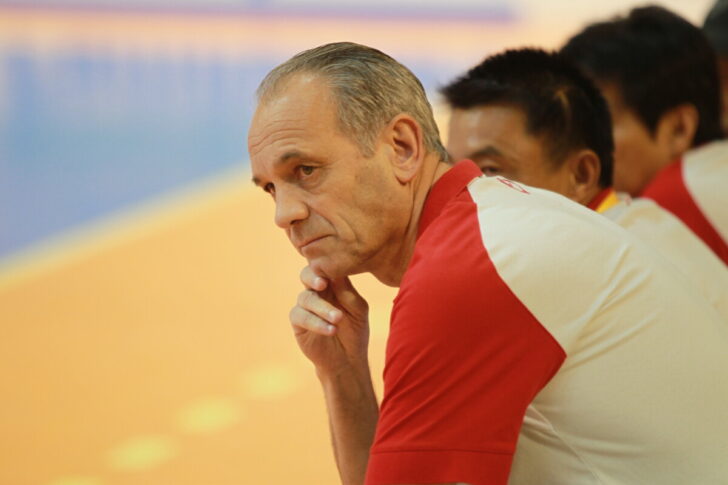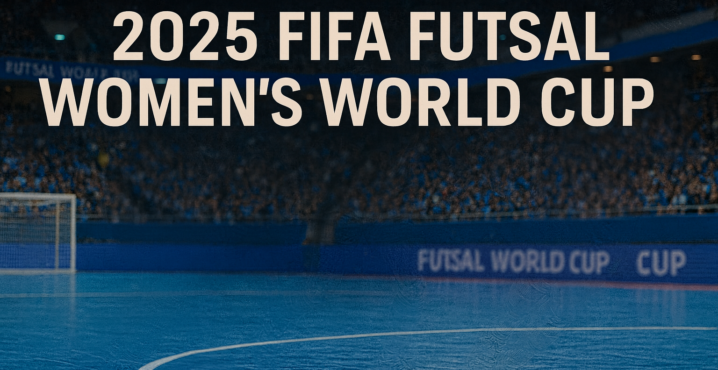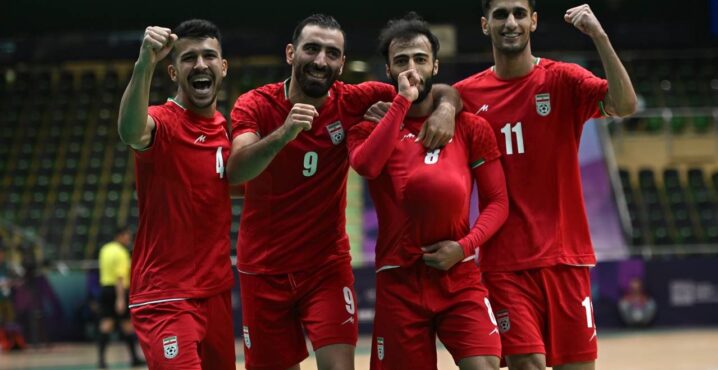Estimated reading time:10 minutes, 40 seconds
Internal Conflict and Missed Opportunities Cast a Shadow on a Landmark Event
The Philippine women’s futsal team is at the heart of a storm, torn between years of grassroots development and mounting organizational chaos within the Philippine Football Federation (PFF). This article draws on insights from Roymondous.wordpress.com (published on December 23 and re-published on December 28) and Tribune.net.ph (published December 28) to provide a comprehensive analysis of the unfolding crisis. As the country prepares to host the first-ever FIFA Women’s Futsal World Cup in November 2025, this historic opportunity is overshadowed by internal disarray, player resignations, and decisions that threaten the sport’s progress.
Main Picture: Vic Hermans, featured in an image sourced from the AFC website. Ironically, the accompanying article on the AFC site is titled, “Vic Hermans Entrusted to Lead Philippine Futsal.”
Grassroots Foundations Under Threat
Over the past decade, Philippine futsal has grown from humble beginnings to a competitive discipline, thanks to tireless efforts from stakeholders like Gawad Kalinga, Tuloy, Tondo, Payatas, Azzurri, and the Moran Foundation. Initiatives such as Liga GK, Fairplay Futsal League, Liga Eskwela, and Metro Manila Futsal League have been instrumental in nurturing young talent and creating pathways to the national team.
The Moran Foundation, in particular, played a crucial role in elevating the sport by introducing Dutch coach Vic Hermans to the Philippines and establishing the High5 Futsal League—the premier competition for identifying national team players. Under Hermans, the team made steady progress, competing with determination against regional powerhouses.
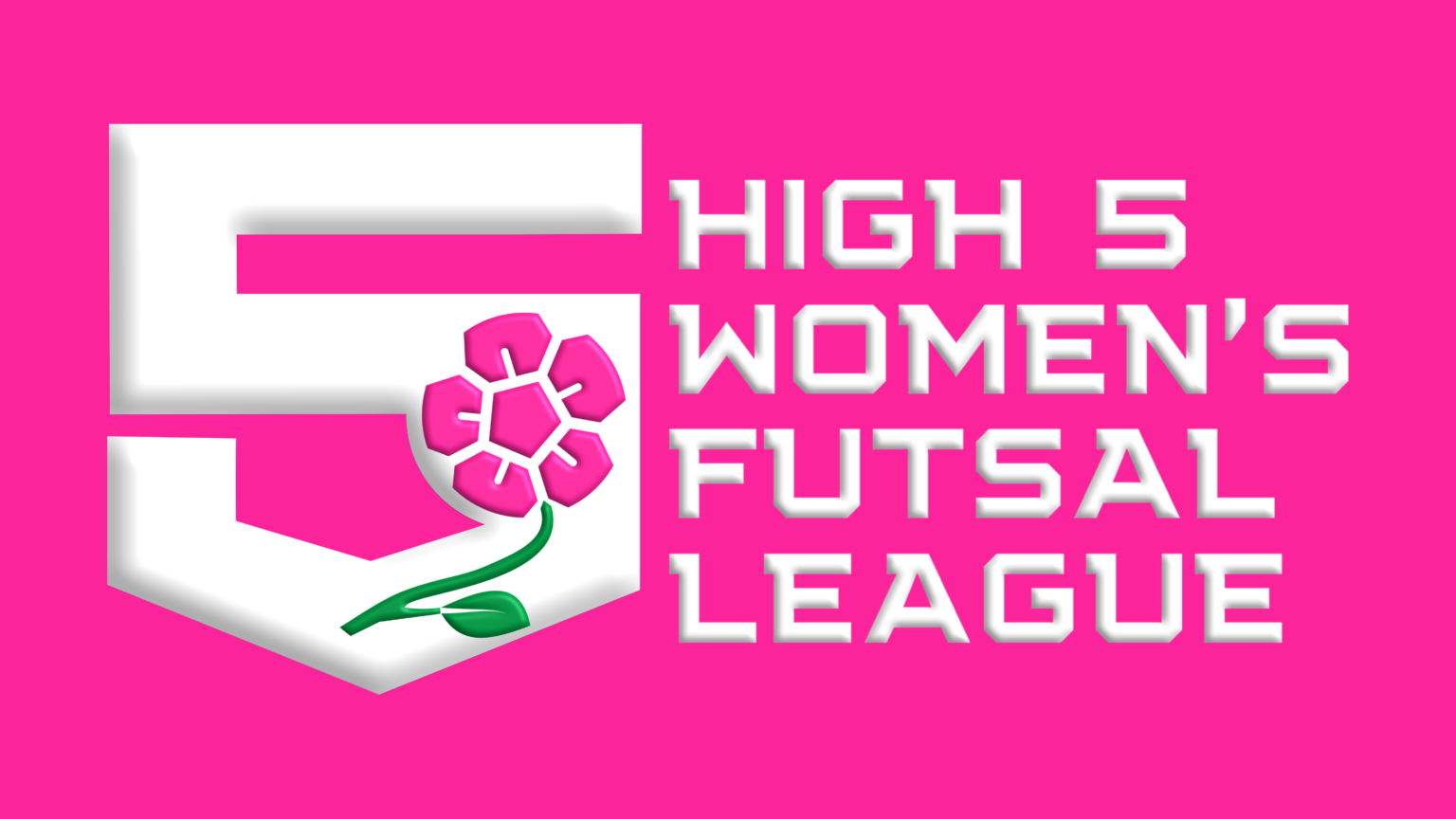
High5 Futsal League logo – source of the image: Moran Foundation website
The FIFA Women’s Futsal World Cup: An Opportunity Fraught with Challenges
The announcement of the Philippines as the host of the first FIFA Women’s Futsal World Cup should have been a watershed moment. Instead, it has laid bare infighting within the PFF. While this honour brought global attention to Philippine futsal, it also seems to have ignited a struggle for control within the federation, leaving the sport vulnerable.
Political Struggles and Their Impact
The turmoil within the PFF appears to reflect broader organizational dynamics and challenges. Under John Gutierrez’s leadership, the federation has faced a wave of staff and management resignations, including that of Jefferson Cheng, the women’s football team manager and benefactor who was largely responsible for leading the women’s football team to the country’s first-ever qualification for a FIFA World Cup at the FIFA Women’s World Cup 2023 in Australia and New Zealand. Cheng’s departure, attributed to disagreements with the current PFF administration over the policy and direction of the women’s program, mirrors the discord now plaguing futsal.
Critics argue that these political struggles stem from an attempt to consolidate power within the federation, sidelining those who helped build the sport’s foundations.
The internal conflicts have also created an environment of uncertainty, discouraging support from private benefactors like Cheng, whose contributions were instrumental in the women’s football team’s historic success. Without strong leadership and a unified vision, the PFF risks alienating the very people who have supported Philippine futsal’s growth.
A Chaotic Lead-Up to the AFC Women’s Futsal Asian Cup Qualifiers
The immediate focus for the national team is the AFC Women’s Futsal Asian Cup Qualifiers, scheduled for January 11-19 in Uzbekistan, followed by the main tournament, which will be held in China between May 7 and May 18, 2025. Yet, preparations appear to be chaotic and disorganized. The national team was initially slated to begin training under Vic Hermans on January 4. However, the PFF abruptly announced a separate training camp for December 26-30, giving players little time to adjust their holiday plans.
This confusion was exacerbated by Hermans’ sudden reassignment to the men’s squad, leaving players to wonder who would lead them. Invitations for the training camp came from conflicting sources, with the PFF issuing an ultimatum: attend or risk exclusion from the team. The very short notice of the Dec. 26-30 camp left several players scrambling to rebook flights, while others, already on vacation, could not attend.
Resignations Shake the Team’s Core
Four key players, including team captain and Golden Boot winner Isabella Bandoja, have resigned in protest, citing the PFF’s disorganization. Bandoja, along with Demelyn Rollon, Lanie Ortillo, and goalkeeper Mykaella Abeto, has been a cornerstone of the team’s success. Their departure underscores growing frustration among players over the federation’s decisions.
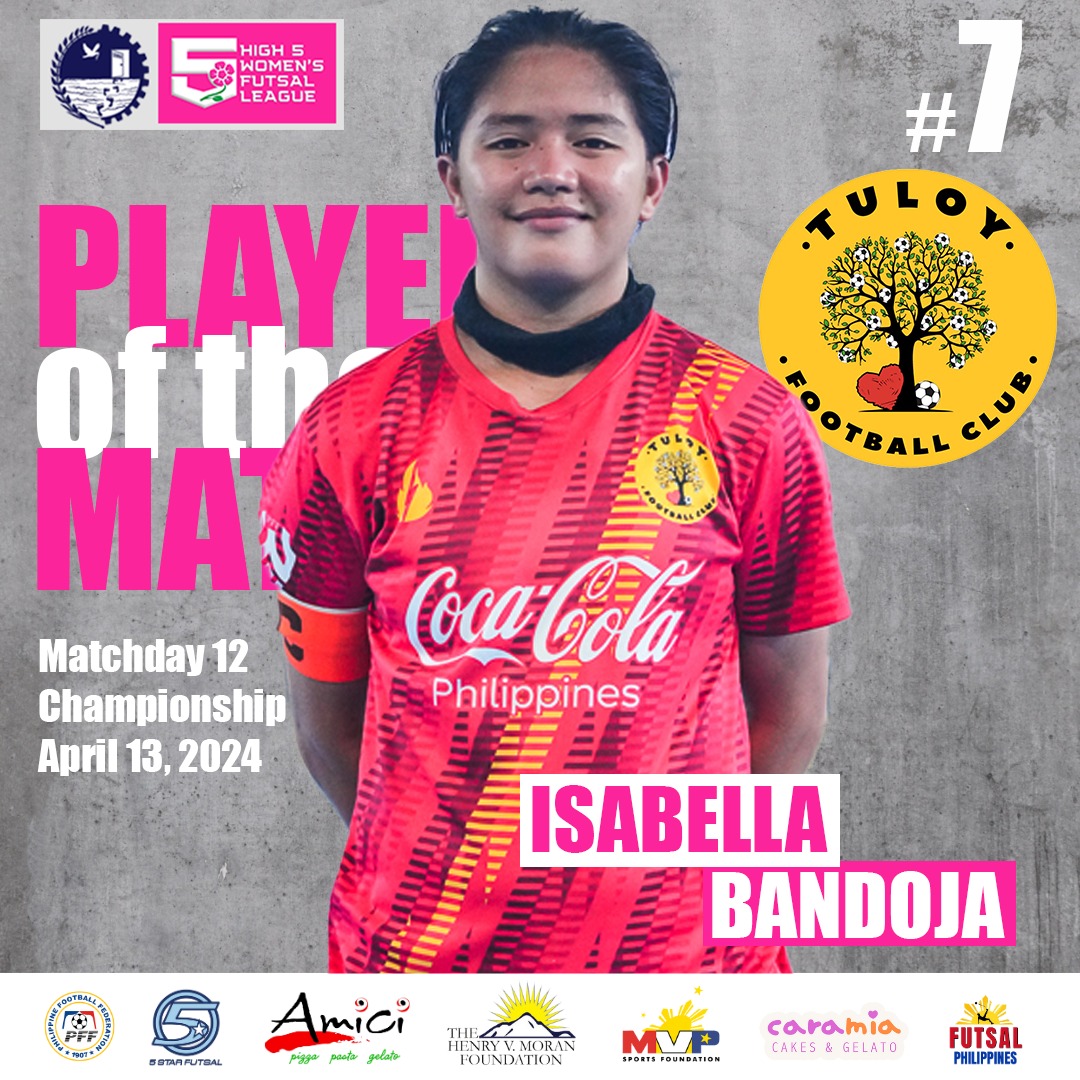
Isabella Bandoja of Tuloy FC – Source of the image: Futsal Philippines Facebook page
The Misconception About Football and Futsal
One apparent contentious issue is the PFF’s plan to replace some of Herman’s team selections with women’s football players. While both sports share similarities, futsal demands distinct skills such as quick decision-making, tight ball control, and tactical finesse in confined spaces. At an elite level, futsal requires specific tactical knowledge and fitness that footballers struggle to adjust unless they are fully dedicated to the futsal discipline. Expecting footballers, professional or amateur, to adapt to futsal in a matter of weeks is misguided and undermines the years of dedication of existing futsal players.
As one resigned player remarked, “I cannot join the team if they will replace the players with those who don’t even have a futsal background. How can the team perform with only a week to prepare and no futsal experience?”
A Questionable Reassignment of Vic Hermans
The PFF’s decision to move Coach Vic Hermans to the men’s squad rather than terminate his contract outright has raised eyebrows. Hermans, who was responsible for building the Philippine women’s futsal program from scratch three years ago as head coach, focused on tactical and on-field development, has been reassigned despite his success and the trust he garnered from players. Hermans, who is widely respected by the international futsal community both as a coach and a former player, brings a wealth of experience to the role, having previously guided Iran, Thailand, and other nations to significant successes on the futsal stage. His tenure with Iran saw the team rise to prominence in Asia, while his leadership in Thailand established a strong and sustainable futsal program, seeing them qualify for the Knock-Out Round of the FIFA Futsal World Cup.
Daniel Moran, the benefactor, who oversees the program’s strategic and operational aspects, has formally appealed to PFF President John Gutierrez to reinstate Hermans. In a letter dated December 24, Moran wrote,“Over the past three years, Coach Vic has played a pivotal role in the development of futsal in the Philippines, particularly through his coaching and leadership. His contributions have gone beyond the game, touching the lives of countless young Filipinos.”
Moran criticized the timing of Hermans’ reassignment, emphasizing the destabilizing impact it has had on the team. “When will the PFF recognize the value of unity and collaboration? It’s time to set aside personal agendas and prioritize the greater good of futsal in the Philippines,” Moran added.
Despite these pleas, Gutierrez justified Hermans’ removal by citing the team’s performance at the recent ASEAN Futsal Championship. However, no replacement has been announced, leaving the team in limbo during a critical phase of preparations.
Potential Embarrassment for the PFF and FIFA
The recent internal conflict within the PFF could lead to significant embarrassment for both the federation and FIFA. FIFA’s decision to award the Philippines the honour of hosting the first-ever FIFA Women’s Futsal World Cup was seen as a celebration of futsal’s growth in the country and a pivotal opportunity to develop the sport in the region. However, the global futsal community, eagerly anticipating the event, will now scrutinize the host nation’s commitment.
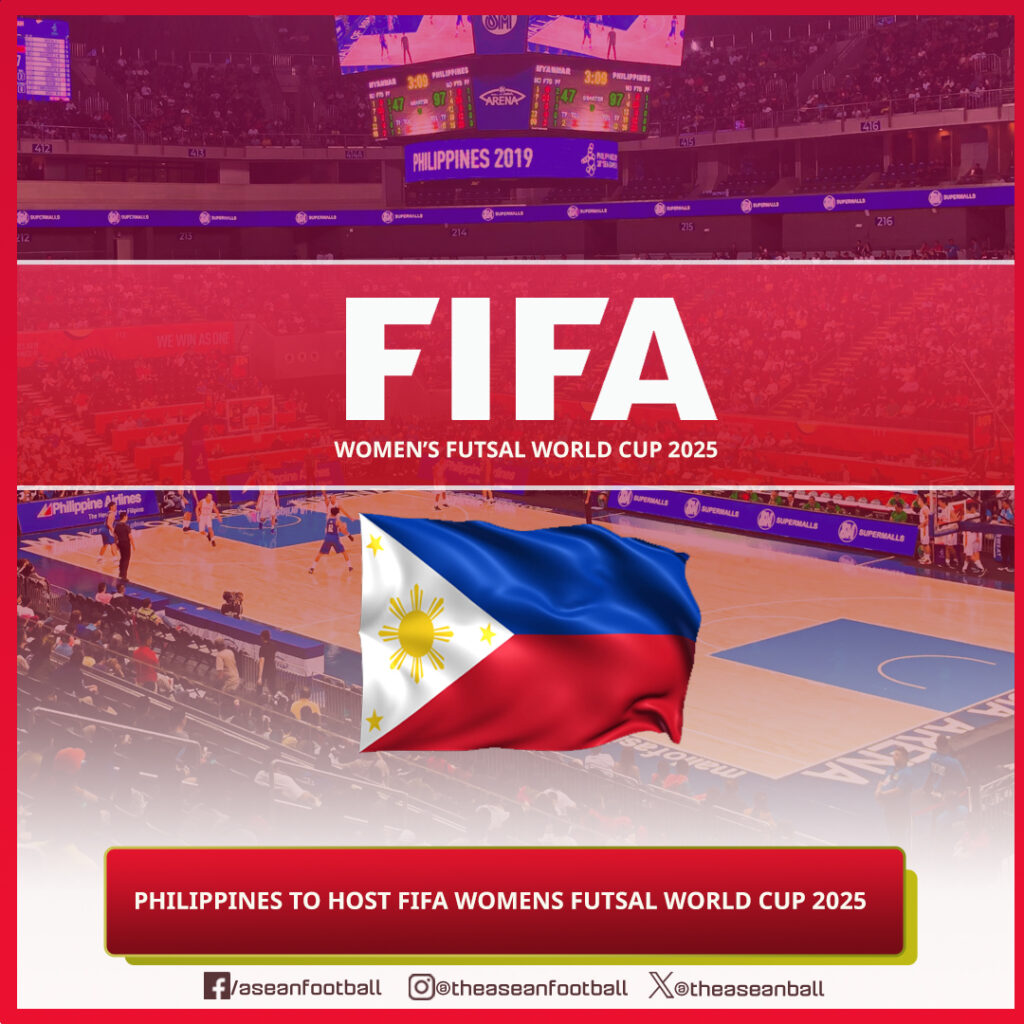
FIFA announces Philippines as the hosts of the first FIFA Women’s Futsal World Cup 2025 – source of the image: ASEAN Football Facebook page
It is also concerning that the nation chosen to host the first-ever Futsal World Cup would aim to strengthen the squad with new candidates primarily composed of football players, undermining the current dedicated futsal competitive squad spirit and credibility of the tournament. The World Cup was meant to inspire futsal development within the host nation, but these controversies cast doubt on whether it can achieve its intended legacy. Instead of uplifting futsal, these issues might diminish the tournament’s impact before it even begins.
Suggestions for Resolving the Crisis
To address these challenges, the PFF could initiate a more inclusive approach by bringing together senior management, futsal stakeholders, and players in an open forum. Such dialogue might help rebuild trust and establish a shared vision for futsal’s development. Another potential step would be to seek oversight and guidance from FIFA, the global governing body, which could mediate and provide recommendations to ensure transparency and accountability within the PFF.
Stability should remain a priority, as consistent leadership and clear policies are essential for rebuilding confidence among players and stakeholders. This could include honouring contracts with coaches like Vic Hermans and reinforcing support for grassroots initiatives that have been instrumental in the sport’s growth.
Developing a comprehensive roadmap for futsal’s future may also prove beneficial. Aligning this strategy with preparations for the World Cup would provide a clear framework to improve skill-specific training, allocate adequate resources, and maintain consistent competitions. Finally, improving communication within the PFF is crucial to avoid further confusion. Providing timely and transparent updates regarding training camps, coaching staff, and player selection could mitigate misunderstandings and foster a sense of unity.
Recent Performance and Future Prospects
The national team’s recent showing at the ASEAN Women’s Futsal Championship 2024 was modest but encouraging for a developing futsal nation. They held Myanmar to a 2-2 draw and put up spirited fights against Thailand, Vietnam, and Indonesia. However, these performances were overshadowed by the PFF’s dissatisfaction with the team’s performance.
Despite these challenges, the national team’s recent performances at the ASEAN Women’s Futsal Championship 2024 showed promise. They held Myanmar to a hard-fought 2-2 draw and displayed resilience against regional powerhouses Thailand, Vietnam, and Indonesia. These results, though modest, reflect the strides made by the team under Vic Hermans’ leadership, offering a glimpse of the potential that could be further realized with stability and proper support.
Below is Vic Hermans explaining the defeat to Thailand:
The question now is whether the PFF can capitalize on this momentum. The road ahead requires not only tactical adjustments but also strategic decisions to ensure long-term growth for futsal in the Philippines.
The High5 Futsal League, scheduled for February, was intended to provide crucial preparation for the World Cup. Its inclusion of the national team was designed to help build cohesion and improve tactical understanding in competitive settings. However, the current instability jeopardizes this plan, leaving the team’s future uncertain. The loss of key players and the lack of a confirmed head coach undermine the progress made in recent years.
A Crucial Moment for Philippine Futsal
Hosting the FIFA Women’s Futsal World Cup is a once-in-a-lifetime opportunity for the Philippines to showcase its potential on the world stage. However, the PFF must address internal conflicts, rebuild trust among stakeholders, and ensure that the grassroots foundations of futsal are respected and nurtured.
This event has the potential to elevate the sport and inspire a new generation of players. To achieve this, the federation must prioritize stability and collaboration, demonstrating a commitment to the sport’s unique demands. The success of this tournament—and the legacy it leaves—hinges on decisive action in the coming months.
The next steps are critical. By fostering unity, supporting experienced leadership, and maintaining transparent communication, the Philippines can seize this historic moment. Otherwise, the nation risks not only missing a rare opportunity to shine on the global stage but also stalling the development of an entire generation of futsal talent.
Organ Donation
Futsal Focus is a supporter of Dáithí Mac Gabhann and his family’s campaign to raise awareness of Organ Donation. We encourage our readers to learn more about Organ Donation: https://www.organdonation.nhs.uk/
Futsal Focus
You can read more articles about International Futsal by going to the top navigation bar or by clicking here
If you like this article and would like to keep updated on Futsal news, developments, etc. You can now follow Futsal Focus via Google News. By following our page which will send you an alert as soon as we publish an article. Please click here and follow us on Google.
You can also keep updated on Futsal news, developments by submitting your email below in the Subscribe to Futsal Focus option.
Follow Futsal Focus by clicking on Facebook, Twitter, or Instagram or on the social media buttons on the website

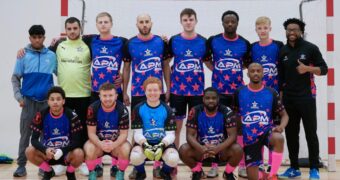





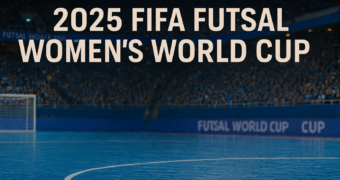
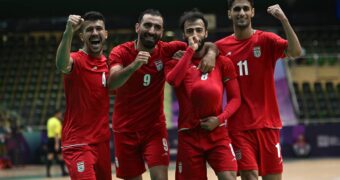
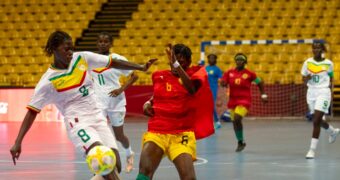
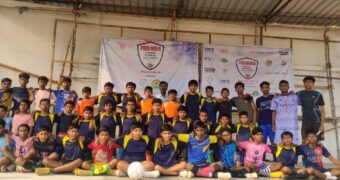





![Validate my RSS feed [Valid RSS]](https://www.futsalfocus.net/wp-content/uploads/2020/01/valid-rss-rogers.png)

